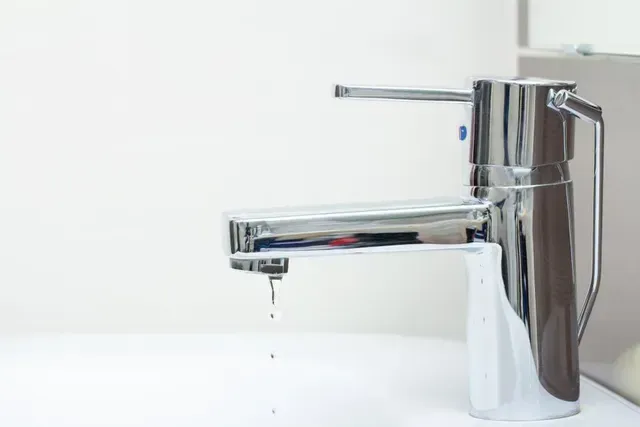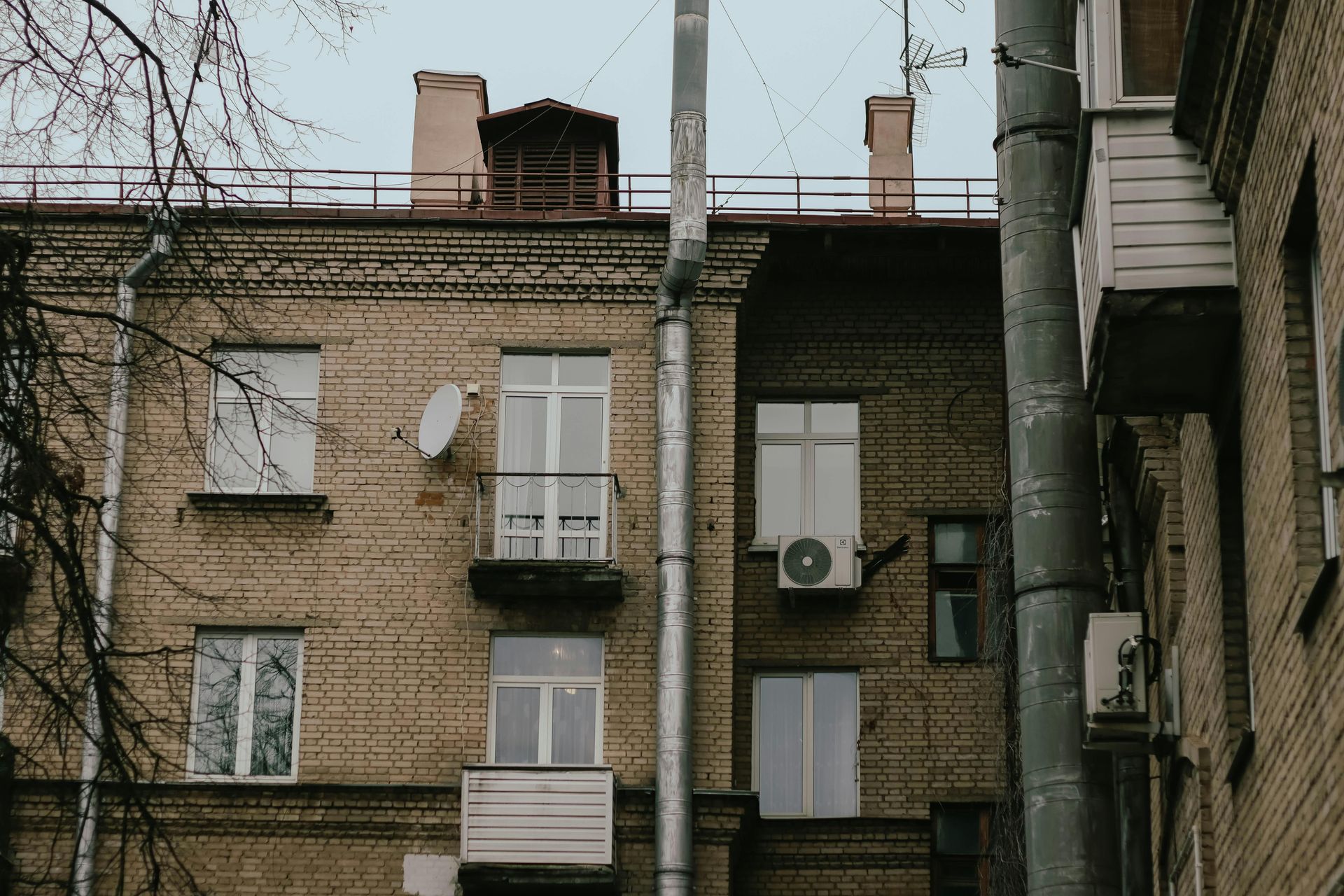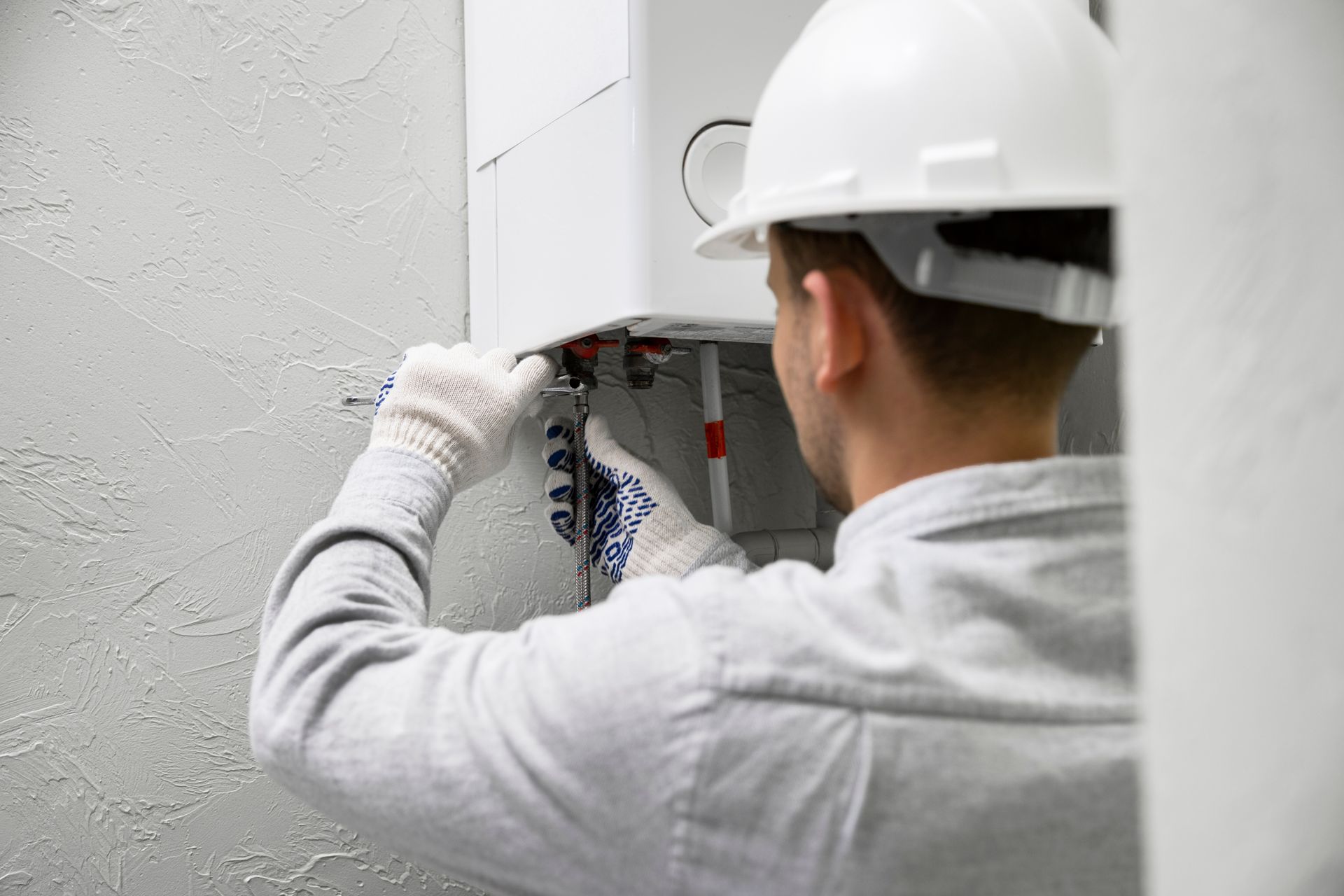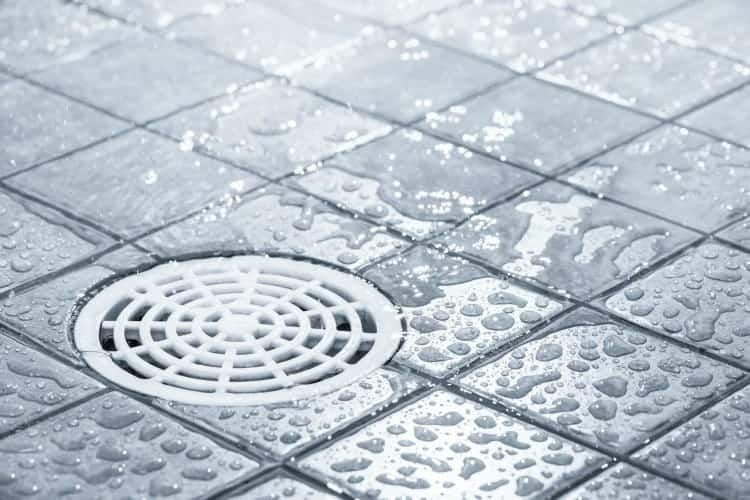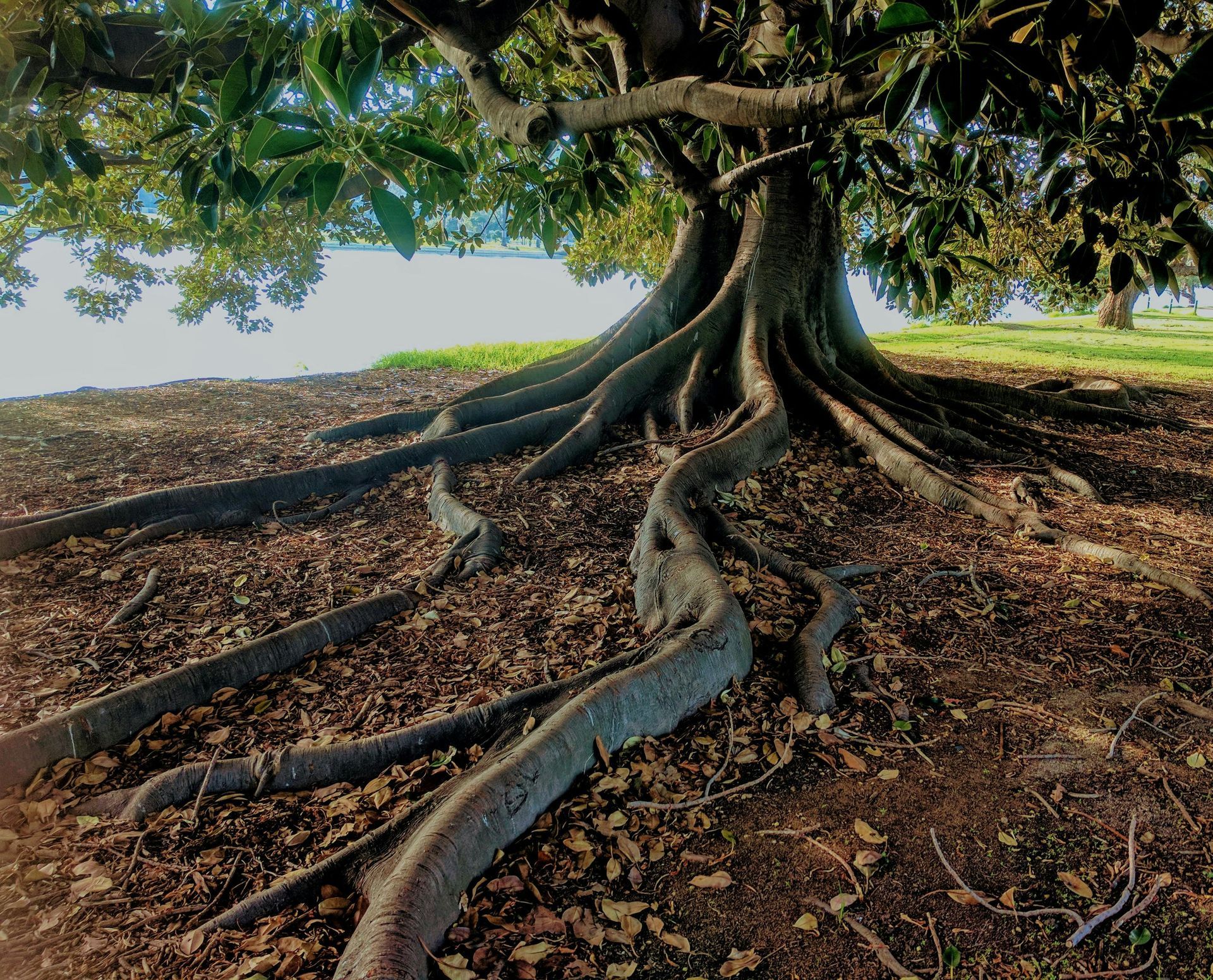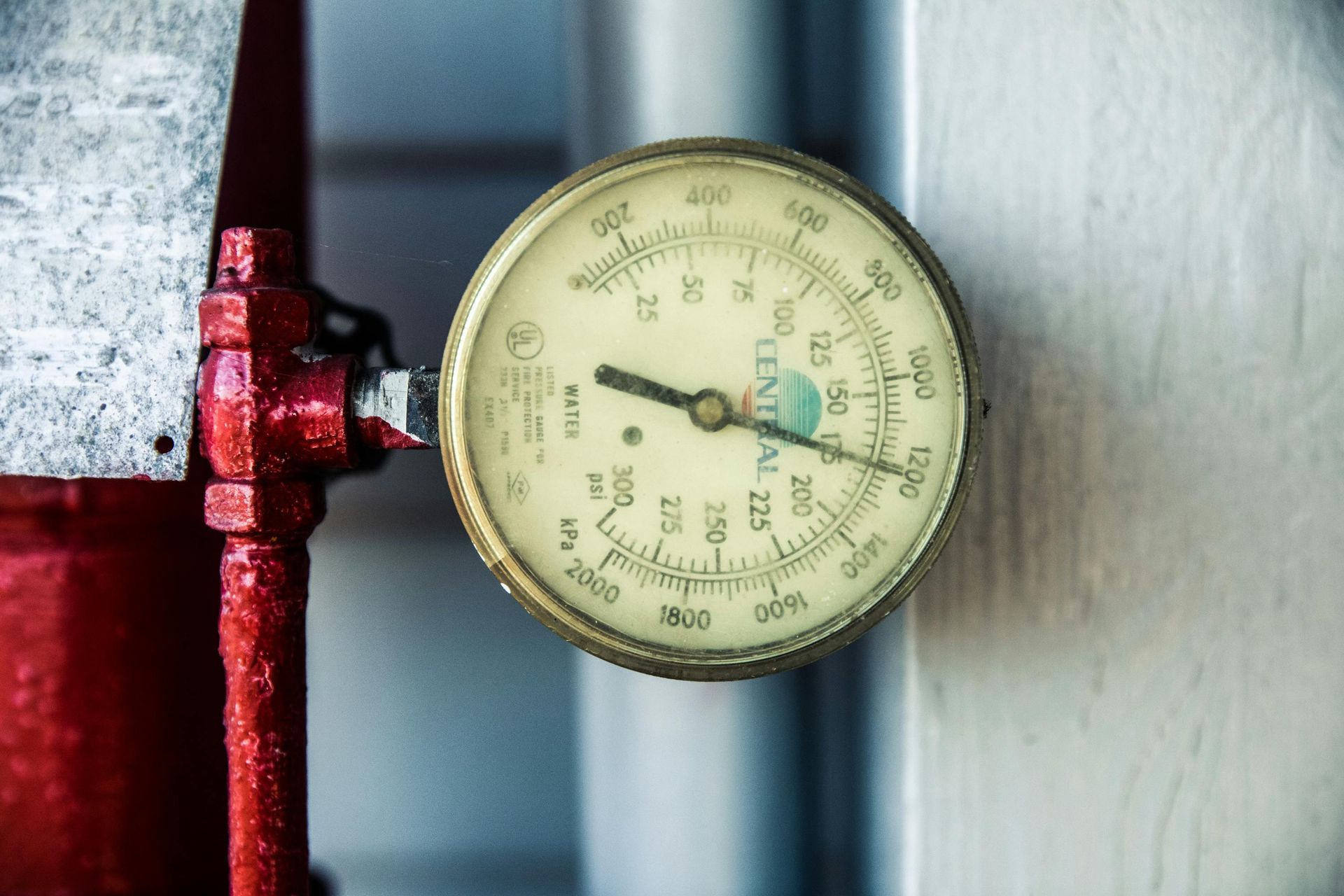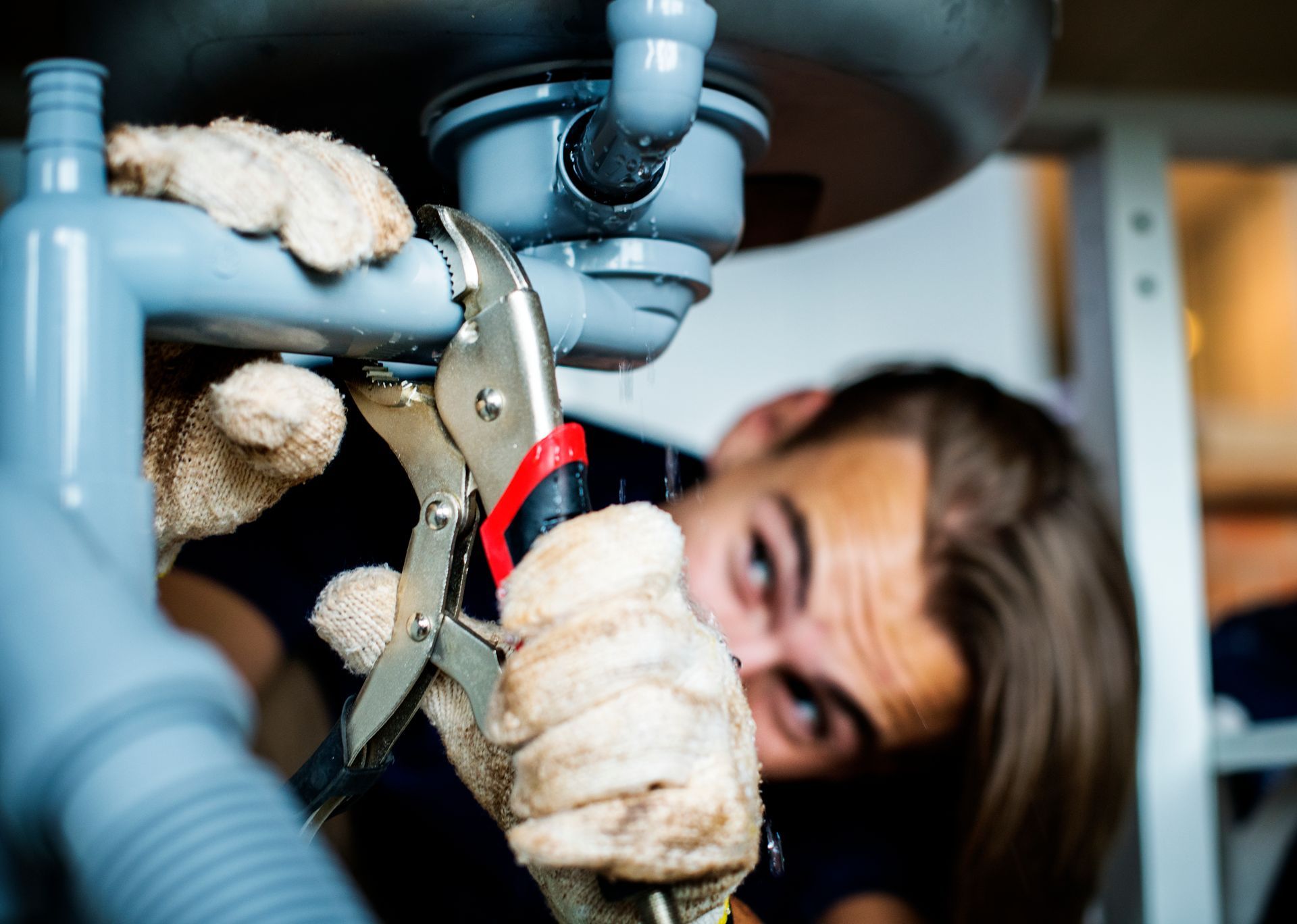How to Maintain Optimal Water Pressure in Your Home?
Maintaining optimal water pressure in your home is crucial for comfortable daily living and the longevity of your plumbing system. Water pressure that is too low results in weak flow from faucets and showers, causing frustration and inefficiency. Conversely, excessively high water pressure can strain pipes, fittings, and appliances, leading to leaks or damage. This comprehensive article will guide you through understanding water pressure, identifying common issues, and implementing effective maintenance strategies to ensure your water pressure stays within the ideal range for your home. Whether you handle minor tasks yourself or seek professional support from services like All City Plumbers, this guide covers what to expect when you call for help as well as technical insights, including the important role of expansion tanks in pressure management.
Understanding Water Pressure and Its Ideal Range
Water pressure is the force exerted by water as it moves through pipes, measured in pounds per square inch (psi). For most residential homes, the optimal water pressure ranges between 40 and 60 psi. This range offers a balance that ensures strong water flow without causing undue stress on plumbing components. Pressures lower than 40 psi can result in sluggish delivery, while pressures above 60 or especially above 80 psi risk damage to pipes and appliances.
Water pressure is influenced by factors such as municipal supply pressure, elevation, pipe size and condition, and plumbing system design. Some homes also incorporate pressure-regulating valves (PRVs) to maintain steady pressure despite fluctuations in supply. Expansion tanks—typically installed near water heaters or within closed-loop heating systems—play a vital role in managing pressure fluctuations due to thermal expansion, preventing sudden spikes that could harm your plumbing system.
Common Causes of Water Pressure Problems
Several issues can disrupt optimal water pressure in your home:
- Partially Closed Main Water Valve: If the main valve near your water meter is not fully open, it restricts flow to the entire system.
- Clogged or Corroded Pipes: Over time, mineral buildup or corrosion narrows pipe interiors, limiting water flow and pressure.
- Faulty or Missing Pressure Regulating Valve: Absence or malfunction of a PRV can cause pressure fluctuations or excessive pressure.
- Leaks in Pipes or Fixtures: Leaks reduce water availability and pressure downstream of the damaged section.
- Problems with Expansion Tanks: A defective or improperly pressurized expansion tank can lead to pressure surges in systems with water heaters.
- Sediment Buildup on Fixtures: Faucets and showerheads clogged with mineral deposits can impact perceived pressure at the outlet.
How to Test and Monitor Your Home’s Water Pressure
Regularly testing your water pressure is foundational to maintenance. Begin by locating an outdoor hose bib or faucet that is always accessible. Ensure all water-using appliances and faucets inside are turned off to avoid measurement inaccuracies. Attach a water pressure gauge to the faucet, available at hardware stores, ensuring it is watertight for an accurate reading.
Turn the faucet fully on and allow the gauge to stabilize before reading. Record the pressure in psi. Ideally, your reading should fall between 40 and 60 psi. If it falls outside this range, further investigation and corrective action may be necessary. Keeping a log of periodic readings helps track pressure trends over time and can signal developing issues early.
Steps to Maintain and Optimize Water Pressure
Ensuring optimal water pressure involves a combination of routine inspections, preventive care, and addressing any detected issues promptly.
Check and Fully Open the Main Water Valve
A simple yet common cause of low pressure is a valve that is partially closed. Confirm the main valve near your water meter is fully open by turning it counterclockwise. Even a slightly closed valve reduces pressure throughout the home.
Clean Faucets, Showerheads, and Fixtures
Mineral deposits often accumulate and obstruct flow. Remove and soak fixtures in vinegar or a descaling solution to dissolve buildup, then scrub and reinstall. This cleaning improves flow and rescues perceived pressure without plumbing interventions.
Inspect and Maintain Pressure Regulating Valves (PRVs)
If your home has a PRV, regular inspection is important. PRVs can become clogged or wear out, causing incorrect pressure regulation. Using a pressure gauge, test pressure before and after the PRV. If adjustments are needed, a plumber like All City Plumbers can recalibrate or replace the valve as required.
Identify and Repair Leaks Promptly
Leaks diminish water availability and pressure, and left unattended, escalate into serious damage. Periodic visual inspections and monitoring utility bills for unexplained increases help spot leaks early. Professional pressure tests and leak detection services are advisable if leaks are suspected but not visible.
Flush and Clear Pipes to Prevent Sediment Blockages
Sediment or air trapped inside pipes can obstruct water flow and pressure. Flushing the system by turning off the main water supply, opening all taps to drain pipes fully, then restoring flow can clear blockages and improve pressure.
Maintain and Inspect Expansion Tanks
Expansion tanks absorb water volume changes caused by temperature fluctuations, protecting the plumbing system from pressure surges. An expansion tank with a faulty diaphragm or incorrect pressure setting can contribute to pressure irregularities. Regular inspection and servicing—tasks a professional plumber can perform—keep the tank functioning optimally.
Consider Installing a Pressure Booster Pump or Pressure Reducing Valve as Needed
In cases of persistently low municipal water pressure, a booster pump installation can increase pressure to acceptable levels. Conversely, if pressure is consistently high, installing or adjusting a pressure reducing valve safeguards the pipes and fixtures.
What to Expect When You Call for Help from Professionals
When water pressure issues persist despite home maintenance efforts, engaging expert plumbing services like All City Plumbers ensures thorough diagnosis and effective remediation. Upon calling for help, expect the plumber to assess your water system comprehensively, discussing any symptoms and prior maintenance you have performed. They will likely perform pressure tests, inspect valves, expansion tanks, pipes, and fixtures with professional tools to pinpoint exact causes.
The plumber will provide clear explanations of findings, discuss repair or replacement options, and offer transparent cost estimates before starting work. They will handle adjustments to pressure regulators, expansion tank maintenance, leak repairs, and any necessary upgrades to your plumbing to stabilize and optimize water pressure. Following repairs, they typically advise on regular monitoring and care to prevent reoccurrence.
Conclusion
Maintaining optimal water pressure in your home is essential for efficient water use, prolonging plumbing system life, and ensuring everyday comfort. Understanding the factors that affect water pressure—from main valves and PRVs to expansion tanks and pipe condition—enables you to take preventive measures and address issues before they escalate. Routine testing, cleaning fixtures, flushing pipes, and professional inspections create a robust maintenance routine.
Partnering with trusted professionals such as All City Plumbers provides access to advanced tools and expertise, giving you confidence and clarity about what to expect when you call for help. This proactive approach safeguards your home’s plumbing integrity and helps avoid costly repairs while ensuring reliable water pressure year-round.


